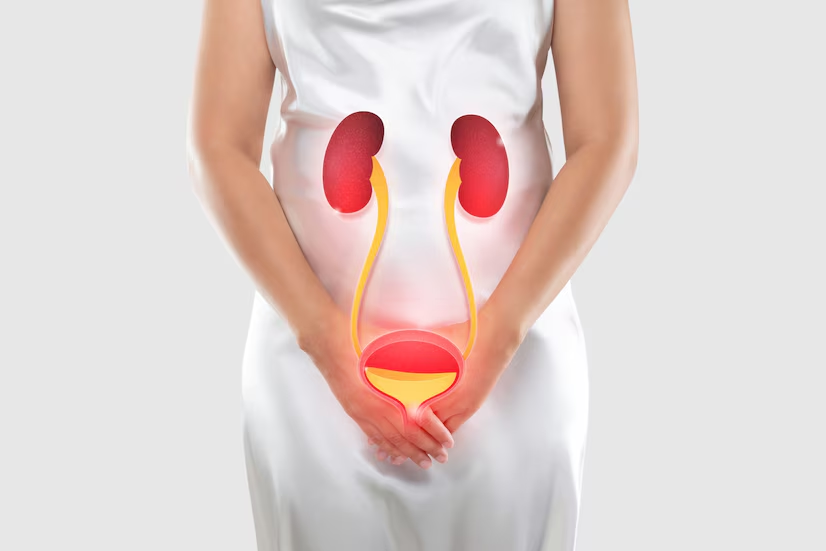Urinary Incontinence

Urinary incontinence is the involuntary leakage of urine, a common and often distressing problem. It can affect people of all ages, but it is more prevalent among women, particularly as they age. Despite its impact on daily life, effective treatments and management strategies are available.
At Surabhi Medical Hall, we recognize the physical and emotional challenges that come with urinary incontinence. Our experienced team is dedicated to providing compassionate care and personalized treatment plans to help you regain control and enhance your quality of life.
There are various forms of urinary incontinence. Stress incontinence involves leakage when pressure is applied to the bladder, such as when coughing, sneezing, laughing, or lifting heavy objects. Urge incontinence is characterized by a sudden, intense urge to urinate, often followed by involuntary leakage, typically associated with overactive bladder syndrome.
Overflow incontinence occurs when there is frequent or constant dribbling of urine due to a bladder that doesn’t empty completely. Functional incontinence arises when a physical or mental impairment prevents you from reaching the bathroom in time. Mixed incontinence is a combination of more than one type, commonly stress and urge incontinence.
Diagnosing urinary incontinence begins with a detailed medical history and physical examination. We may also conduct additional tests, such as urine analysis, bladder diaries, and post-void residual measurements, to determine the type and cause of incontinence. In some cases, imaging tests like ultrasound or urodynamic studies might be recommended to get a clearer picture of your condition.
Treatment options for urinary incontinence vary depending on the type and severity of the condition. Lifestyle modifications can play a significant role in managing symptoms. Reducing caffeine and alcohol intake, managing fluid consumption, and maintaining a healthy weight can greatly improve bladder control. Pelvic floor exercises, known as Kegels, are effective in strengthening the muscles that control urination, and our team can guide you on how to perform these exercises correctly.
Bladder training techniques, which involve scheduling bathroom visits and gradually increasing the time between urinations, can help train the bladder to hold more urine. Medications may be prescribed to relax the bladder or increase its capacity, reducing the symptoms of urgency and frequency. For some women, medical devices like vaginal pessaries can provide support for the bladder and help manage stress incontinence.
In more severe cases, surgical options such as sling procedures or bladder neck suspension may be considered to provide long-term relief. Our team will discuss all available options with you, helping you make informed decisions that best suit your needs and lifestyle.
At Surabhi Medical Hall, we are committed to offering a comprehensive approach to managing urinary incontinence. This includes not only medical treatments but also education and support to help you make informed decisions about your health. Living with urinary incontinence can be challenging, but you don’t have to face it alone. Our compassionate team is here to provide you with the expert care and support you need to manage this condition and improve your quality of life.
If you are experiencing symptoms of urinary incontinence or have concerns about your bladder health, please contact Surabhi Medical Hall. We are here to help you every step of the way, ensuring you receive the best possible care and support to regain control and live your life to the fullest.
